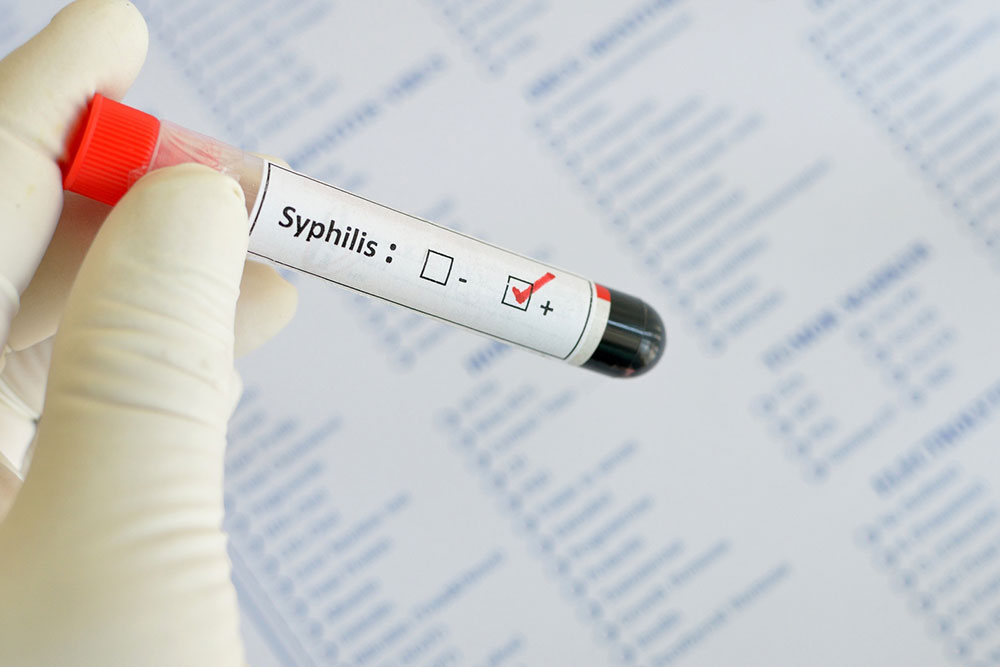Understanding Syphilis: Early Symptoms and Detection Methods
This article provides a comprehensive overview of syphilis, highlighting its stages, symptoms, and diagnostic methods. Early detection through awareness of signs like painless sores and rashes can lead to timely treatment, preventing severe complications. Understanding risk factors such as unprotected sex and HIV status is essential for prevention. Medical testing, including blood and tissue analysis, confirms diagnosis. Recognizing symptoms and seeking prompt healthcare are key to managing and controlling the spread of syphilis effectively.

Understanding Syphilis: Early Symptoms and Detection Methods
Syphilis is a sexually transmitted infection caused by the bacteria Treponema pallidum. After reaching historically low levels around 2000–2001, its cases are rising again. Recognizing how the infection spreads and its early signs can facilitate prompt diagnosis and treatment, preventing serious health issues. Here are the key stages of syphilis, their symptoms, and important facts about the disease:
Stages and Signs
Primary Stage: Typically appearing 2 to 12 weeks post-infection, this stage features a painless, firm sore called a chancre, often on the genitals or mouth. Sometimes multiple sores occur, with possible lymph node swelling. These sores typically resolve within 3–6 weeks without treatment, but the infection persists.
Secondary Stage: Occurring weeks after the chancre heals, symptoms include a non-itchy rash on palms and soles, fatigue, fever, headaches, sores, muscle aches, hair loss, and swollen lymph nodes.
Latent Stage: During this period, symptoms may disappear temporarily or recur sporadically. The individual remains contagious during the first year but not thereafter unless congenital transmission occurs.
Tertiary Stage: Years after initial infection, complications like neurological damage, cardiovascular issues, and skin conditions may develop, leading to serious health problems such as stroke, blindness, and paralysis.
Congenital Syphilis: Infection passed from mother to baby can cause skin sores, jaundice, anemia, swollen organs, bone deformities, and other disabilities. Early detection and treatment are vital to prevent birth complications.
Diagnosis
Medical professionals diagnose syphilis through a combination of medical history and laboratory tests. Blood tests, including treponemal and non-treponemal assays, confirm infection. For congenital cases, additional investigations like PCR, cerebrospinal fluid analysis, and radiographs are necessary to evaluate the extent of infection.
Risk Factors
While anyone engaging in unprotected sex can contract syphilis, higher risks are linked to:
Unprotected sexual activity
Having multiple sexual partners
HIV-positive status
Recent STI exposure or positive tests for other infections
Early detection is crucial for effective management. If symptoms are noticed, prompt medical consultation can prevent long-term complications.









